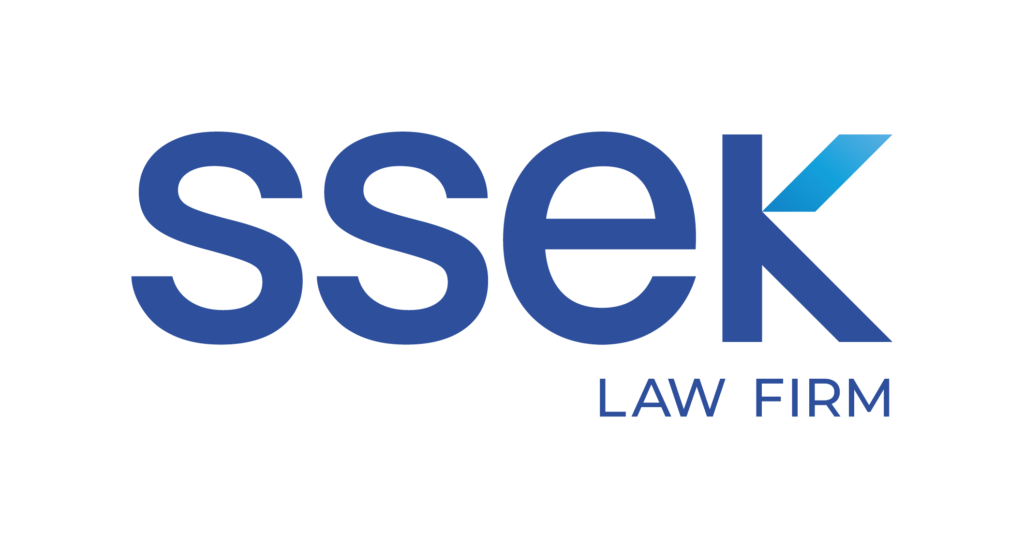Indonesia – Legal Framework For Establishing A Padel Court Business In Jakarta.
Padel, a fast-growing racket sport, is gaining traction in Indonesia. While still relatively new compared to tennis or badminton, interest in building dedicated padel court facilities, particularly in Jakarta, has been steadily rising.
With this growth, however, comes a number of regulatory and legal questions. Unlike more established sports, padel is not explicitly addressed in existing regulations, which can create uncertainty in determining the correct business classification, licensing requirements, intellectual property protection, and applicable tax treatment.
To address these issues, operators must identify the most suitable business classification Indonesia’s licensing framework, secure their brand through intellectual property rights, and understand the tax obligations that apply, especially within Jakarta.
Padel Business Licensing and Classification
To ensure compliance with licensure regulations and provide legal certainty for business operations, it is imperative to determine the appropriate Indonesian Standard Business Classification (Klasifikasi Baku Lapangan Usaha Indonesia or “KBLI”). For a padel court business in Indonesia, the most suitable classification is KBLI 93114, which covers court-based sports such as tennis and badminton. While padel is not explicitly listed under KBLI 93114, padel shares similar characteristics and requirements, making this KBLI classification appropriate for padel court businesses.
This classification brings the business within Indonesia’s risk-based licensing system. At a minimum, operators must obtain a Building Approval (“PBG/IMB”) to ensure compliance with spatial planning and technical building standards, as well as a Business Identification Number (“NIB”), which serves as proof of registration with the Ministry of Investment/OSS. Because KBLI 93114 is categorized as a low-risk business activity, the NIB generally suffices as both operational and commercial licensing, streamlining the regulatory process without the need for a Standard Certificate.
Beyond this, additional permits may be required depending on the scale and location of operations. These include an Operational Business License (Izin Usaha), supported by corporate, tax, domicile and environmental documents, along with a Certificate of Building Function (“SLF”). In practice, local authorities may also request a recommendation from the Jakarta Provincial Sports Office (“Dispora”), particularly for public or community sports facilities. This process usually requires the submission of facility layouts, technical designs and neighborhood approvals. Together, these licensing requirements underscore the importance of careful compliance planning before establishing a padel court business.
Intellectual Property Protection for Padel Businesses
When establishing a padel court business in Indonesia, one of the most important steps is securing protection for the brand name, logo and other distinguishing elements. This is done through trademark registration with the Directorate General of Intellectual Property (“DGIP”), which grants exclusive rights and legal certainty against unauthorized use.
Trademark protection in Indonesia is governed by Law No. 20 of 2016 on Marks and Geographical Indications. The law makes clear that rights to a mark arise only upon registration, meaning unregistered marks do not enjoy statutory protection. Marks may take the form of words, names, logos, numerals, colors, sounds, and combinations thereof, provided they serve to distinguish goods or services in commerce.
For a padel court business, the most relevant category will generally be a Service Mark, since the core activity involves providing sports facilities and services. If the business also sells merchandise, e.g., equipment or apparel, a Trademark may also be required. A Collective Mark would only apply if courts are operated under a joint association or cooperative.
The registration procedure, whether for trade, service or collective marks, follows the same stages: online filing with the DGIP, formal examination, publication, substantive examination and, if approved, issuance of a certificate. Collective marks carry an additional requirement to submit regulations on usage and supervision. Upon successful registration, the mark is protected for 10 years from the filing date and may be renewed indefinitely.
Padel Sports Taxation Obligations
As padel continues to gain popularity in Jakarta, business operators should be aware that padel court rentals are subject to a 10% tax, as they are classified as an object of the Specific Goods and Services Tax (“PBJT”).
This obligation is grounded in Law No. 1 of 2022 on Financial Relations between the Central and Regional Governments and Regional Regulation of DKI Jakarta No. 1 of 2024, and further reinforced by the Decision of the Head of the Jakarta Regional Revenue Agency No. 257 of 2025, which explicitly lists padel courts as PBJT objects.
Additionally, PBJT is imposed in lieu of Value Added Tax (“VAT”) as a distinct local tax under Law No. 1 of 2022 on Financial Relations between the Central and Regional Governments. It is administered and collected by municipal or regency governments, such as the DKI Jakarta provincial government, and in this case applies as an entertainment tax on padel court rentals. By contrast, VAT and Income Tax remain under the authority of the Directorate General of Taxes as central government taxes. Accordingly, PBJT must be expressly recognized as a local tax replacing VAT for padel court rental activities.
However, this padel tax obligation applies exclusively within DKI Jakarta, meaning that other regions may enforce different rules or no similar provisions at all, depending on their respective local regulations. (23 September 2025)







